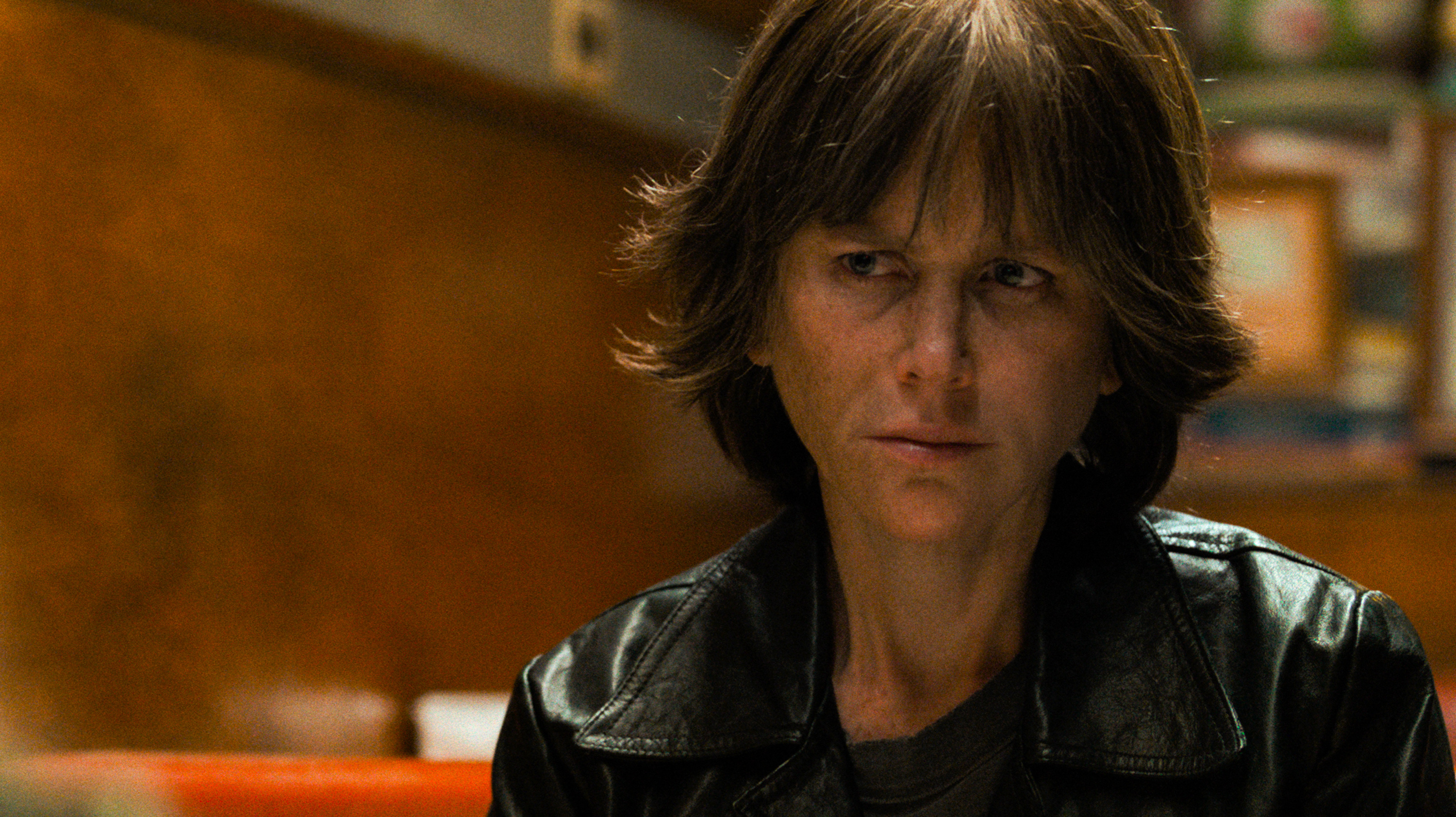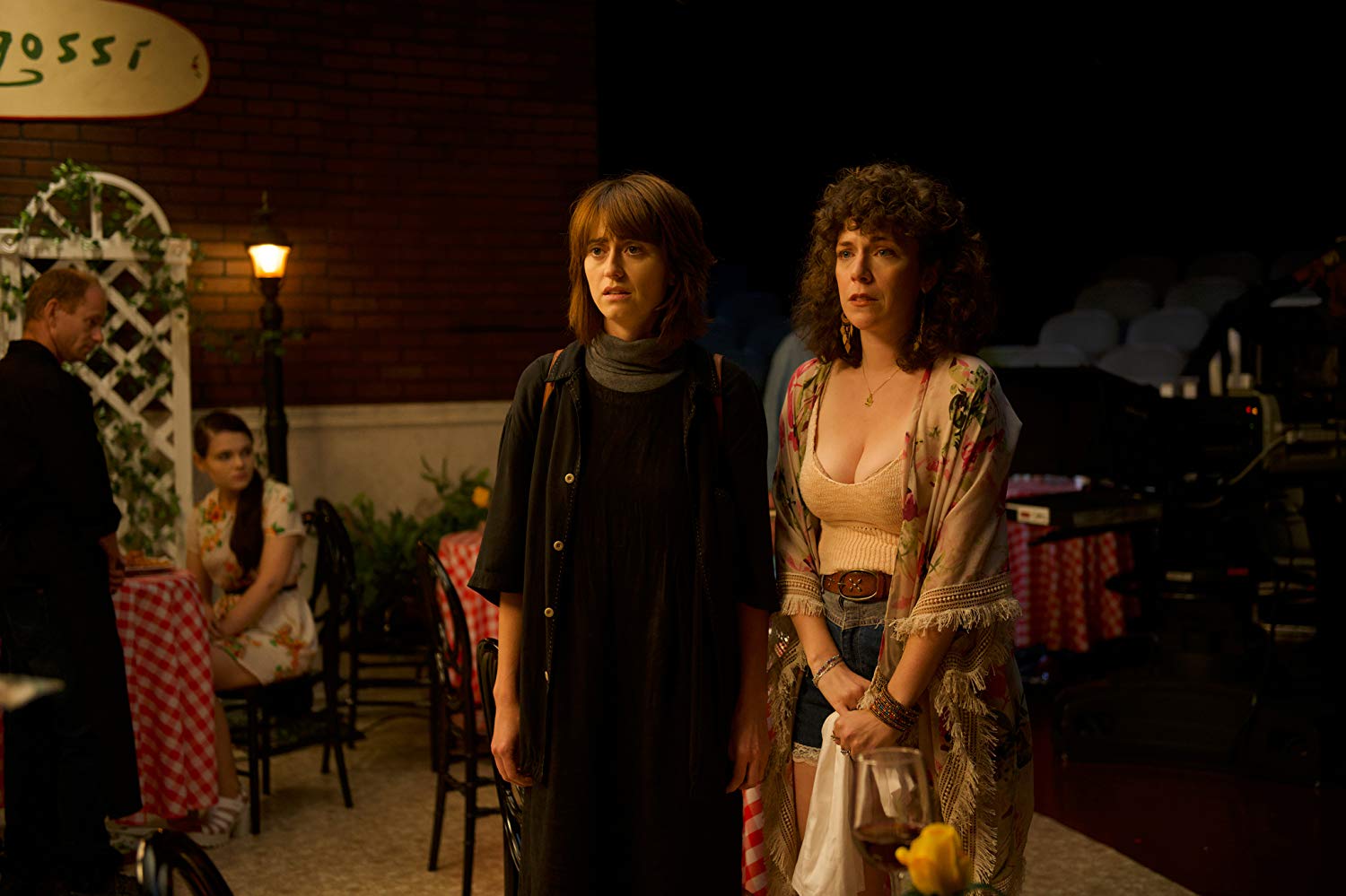Title: Sorry to Bother You
MPAA Rating: R
Director: Boots Riley
Starring: Lakeith Stanfield, Tessa Thompson, Jermaine Fowler
Runtime: 1 hr 45 mins
What It Is: In an alternate Oakland, Cassius Green (Stanfield) is a hapless telemarketer. Working purely on commission, he struggles to pay the bills together with his no-nonsense girlfriend, Detroit (Thompson). He stumbles upon an incredible secret to professional success, catapulting him to a wild world of corporate greed and hedonism.
What We Think: Boots Riley’s directorial debut is unconventional, to say the least, pulling from a wide range of influences. And because of this reckless abandon of convention (and often outright coherence), the film succeeds in telling a formulaic story in a fun and unexpected way. The MVP here is Stanfield’s portrayal of bumbling, though earnest and eager, Cassius (“Cash Green,” for the astute viewer). As the film veers from broad comedy to an intense absurdist fever dream to a straight-up monster movie, the central character remains grounded and relatable. But alas, the film evokes a strong proletarian, anti-capitalist message that’s buried underneath all the efforts to be provocative and unique. I found that the most interesting parts of the film come at the expense of more serious and straight-faced themes. These two facets never seem to complement each other, and the film gets increasingly muddled that its momentum definitely peters out towards the end. However, it’s quite an achievement to have all of these contrasting shades each feel well-made. Not a single element feels shoe-horned in. The film just feels like one big family gathering – you know and (probably) love them, but do they really have to be here all at once?
Our Grade: A-, This film is an anomaly. It’s also undeniably fun. Riley has made something that’s simultaneously a comedy with a pointed and clear message, a satire without being too preachy, and an existential morality play without being too avant-garde; it’s everything. This is also its biggest flaw. It’s difficult not to feel exhausted with all of the things the film throws at you. Regardless, the viewer walks away with a pretty good idea of the artist’s intention. As its title suggests, the film knows that it’s bombarding you with a lot. But then again, was there any other way it could have gotten your attention?

